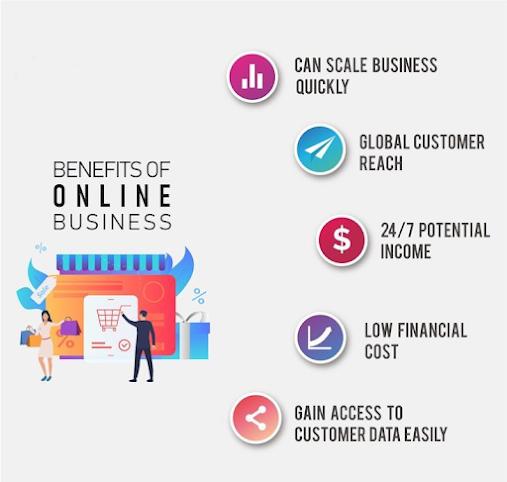How to become a web developer
Becoming
a web developer requires a combination of education, skills, and experience.
Here are some steps you can take to become a web developer:
Learn the basics of programming
Learning
the basics of programming is an important first step to becoming a web
developer. Here are some tips on how to get started:
Choose
a programming language: There are many programming languages to choose from,
but HTML, CSS, and JavaScript are essential for web development. HTML is used
for creating the structure of a webpage, CSS for styling and layout, and
JavaScript for adding interactivity and functionality.
Find
online resources: There are many online resources available for learning
programming, including Codecademy, FreeCodeCamp, and W3Schools. These websites
offer interactive tutorials and exercises that can help you learn at your own
pace.
Take
courses: Consider taking an online course or in-person class to get a more
structured learning experience. These can provide more comprehensive coverage
of programming concepts and may offer opportunities for interaction with instructors
and other students.
Practice
coding: Once you've learned the basics, start practicing by building your own
projects. Start with simple projects and gradually work your way up to more
complex ones.
Seek
feedback: Share your work with others and seek feedback from more experienced programmers.
This can help you improve your skills and gain valuable insights.
Remember,
programming can be challenging at first, but with practice and persistence, you
can become proficient in the basics of programming and start your journey as a
web developer.
Choose a specialty
Choosing
a specialty within web development is an important step in becoming a web
developer. Here are some popular specialties to consider:
Front-end
development: Front-end developers focus on the parts of a website that users
interact with directly. They use HTML, CSS, and JavaScript to create user
interfaces and design responsive layouts.
Back-end
development: Back-end developers focus on the server-side of a website, which
involves working with databases, APIs, and server-side languages such as PHP,
Python, and Ruby. They handle tasks such as user authentication, data storage
and retrieval, and server-side scripting.
Full-stack
development: Full-stack developers work on both the front-end and back-end of a
website. They are responsible for handling all aspects of web development, from
designing the user interface to managing the server-side logic.
User
experience (UX) design: UX designers focus on creating intuitive and
user-friendly interfaces for websites and applications. They work with
front-end developers to design user interfaces, create wireframes and
prototypes, and conduct user research to optimize the user experience.
It's
important to choose a specialty based on your interests and career goals.
Consider exploring each of these specialties to see which one aligns best with
your skills and interests. It's also possible to switch specialties as you gain
experience and discover new areas of interest.
Gain experience
Gaining
experience is a crucial part of becoming a web developer. Here are some tips on
how to build your skills and gain experience:
Build
your own projects: Start by building your own projects. Choose a project that
interests you and challenge yourself to create a functional and visually
appealing website or application. This will help you practice your skills and
develop your portfolio.
Contribute
to open source projects: Open source projects are a great way to gain
experience and build your portfolio. Look for projects that align with your
interests and skill level, and contribute code, documentation, or bug fixes to
the project.
Attend
hackathons and meetups: Hackathons and meetups are great opportunities to
network with other web developers and gain hands-on experience working on
projects. They also offer opportunities to learn from more experienced
developers and discover new technologies and trends.
Freelance
or intern: Consider working as a freelance web developer or interning with a
web development company to gain experience and build your portfolio. These
opportunities can also lead to full-time job offers.
Keep
learning: Keep learning new technologies and programming languages to stay
up-to-date with the latest trends and technologies. Take courses and attend
workshops to keep your skills current.
Remember,
gaining experience takes time and effort. Focus on building a strong portfolio
and honing your skills, and opportunities will come your way.
Get formal education
Consider
getting a formal education in web development, such as a degree in computer
science or a web development bootcamp. These programs can provide you with more
structured learning and can give you a competitive edge in the job market.
Network and job search
Attend web development events and meetups, and
connect with other web developers. Use online job boards and company websites
to find job opportunities.
Keep learning
Web
development is a constantly evolving field, so it's important to keep up with
the latest technologies and trends. Take courses and attend workshops to keep
your skills current.
Overall,
becoming a web developer requires a combination of dedication, hard work, and a
willingness to keep learning and growing in the field.




Comments
Post a Comment